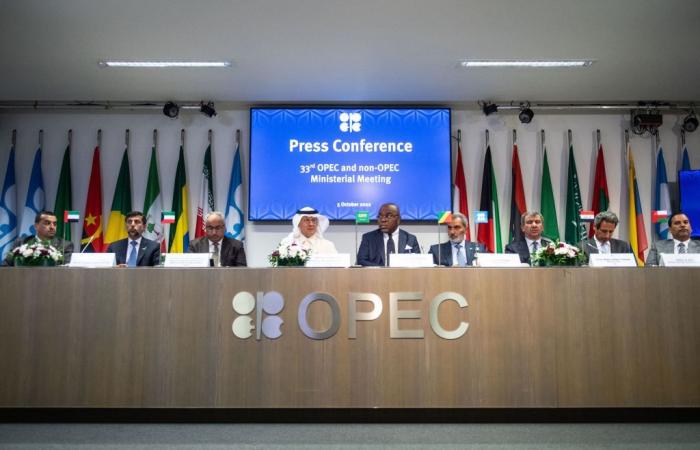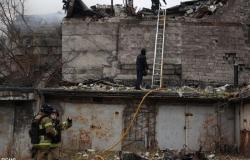Key information
- OPEC's decision to delay production increases sent soaring Brent futures prices.
- The postponement was prompted by concerns about weak demand and falling prices.
- Market sentiment remains elevated as investors await the results of Tuesday's U.S. presidential election and other key events.
Oil prices rose more than 2 percent on Monday following OPEC+'s decision to postpone planned production increases by a month. The move pushed January Brent futures prices to $74.86 per barrel, while U.S. West Texas Intermediate (WTI) crude hit $71.31 at the time of publishing this article.
The decision by OPEC+, which includes the Organization of the Petroleum Exporting Countries and its allies including Russia, to extend its current production cut of 2.2 million barrels per day into December was prompted by concerns about weak demand and falling prices. The group had initially planned to increase production by 180,000 barrels per day from December.
Market Sentiment Remains High
Analysts attribute the delay to the desire to clarify the global economic outlook. Giovanni Staunovo of UBS said OPEC+ was likely looking to gauge the impact of interest rate cuts in the United States, fiscal and monetary easing measures in China and the outcome of the next American presidential election.
Despite weekly declines last week due to record U.S. production, Brent and WTI contracts both posted gains Friday following reports suggesting Iran could launch a retaliatory attack on Israel in the future. Market sentiment remains elevated as investors await the results of Tuesday's U.S. presidential election, which currently shows a tight race between Democratic Vice President Kamala Harris and Republican former President Donald Trump.
Uncertainty over oil prices
Additionally, economists expect the U.S. Federal Reserve to cut interest rates by 25 basis points on Thursday, adding a new layer of uncertainty to the volatile oil market this week. Analysts expect increased volatility as participants closely monitor Iran's response to recent Israeli actions, the outcome of the U.S. election and central bank policy decisions.
In China, the Standing Committee of the National People's Congress is scheduled to meet from Monday to Friday. The meeting is expected to approve additional stimulus measures aimed at reviving the flagging economy, although a significant portion may be allocated to resolving local governments' debt problems.
If you want access to all articles, subscribe here!






